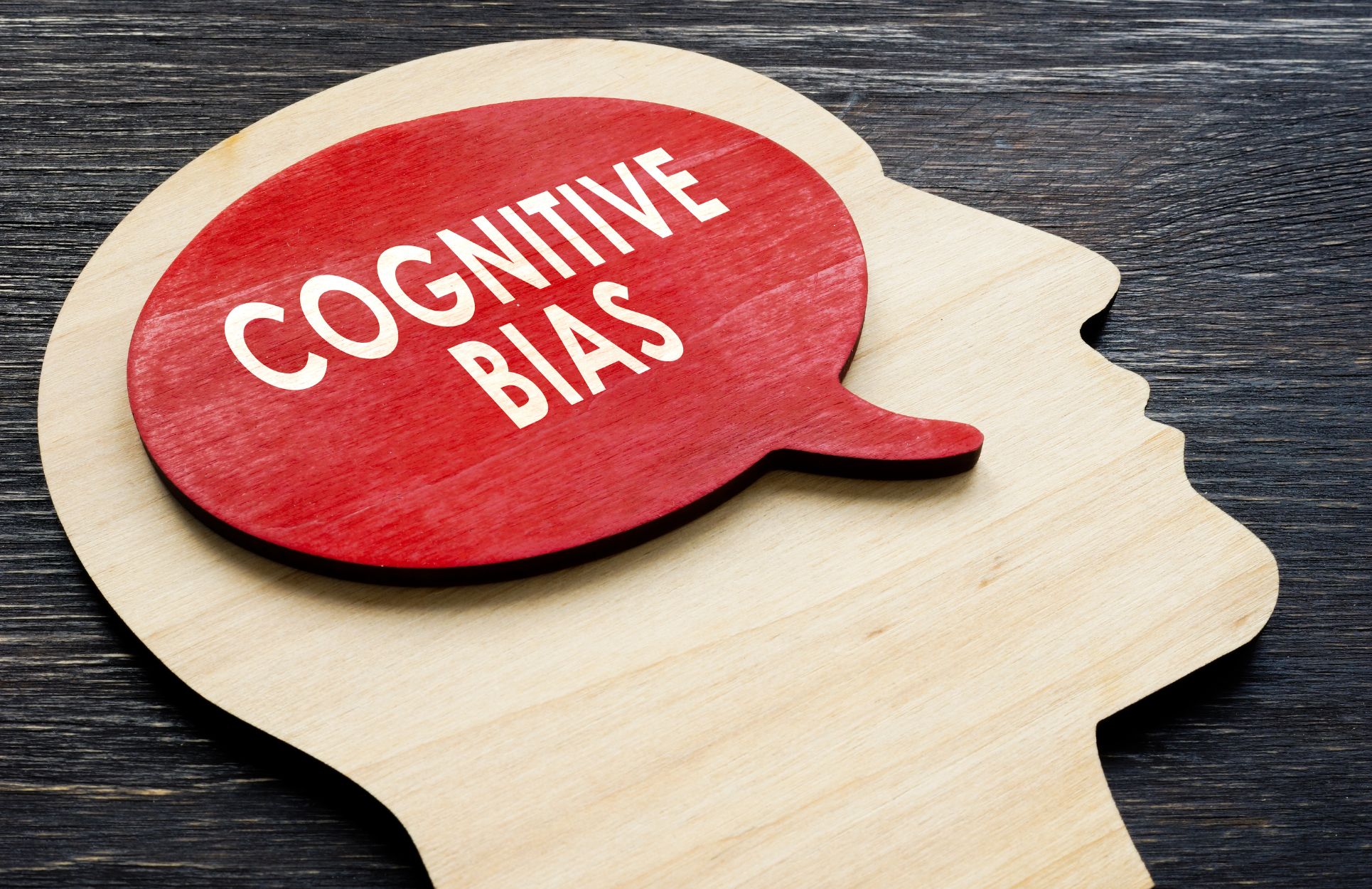 Zoe Burdo and Ed Harrison from LCP preview their forthcoming presentation at the IFoA Conference 2023
Zoe Burdo and Ed Harrison from LCP preview their forthcoming presentation at the IFoA Conference 2023
Expert judgement, informed by technical expertise, analytical skills and, for many, years of experience, underpins every aspect of our actuarial work. However, as humans, we are not immune to behavioural biases and mental shortcuts that can affect our decision-making. In our talk at the forthcoming IFoA Conference in June, we will explore how these ‘human elements’ can impact our work. This can be for the better, expanding the range of creative and innovative solutions available to us, but also to the detriment of our advice. If left unchecked and unchallenged, these biases can lead to errors in data gathering, inaccurate predictions, and even irrational decisions and reputational risks.
We believe it’s important to address behavioural risk from a cross-practice perspective because of its fundamental nature and broad impact across all areas of actuarial work. Our judgements have real-world implications for the users of our work, and sometimes for the public and wider society, from traditional work pricing insurance policies and valuing pension liabilities to evolving areas including climate and machine learning. By understanding how behavioural biases impact our work, and developing strategies to mitigate them, we can enhance our credibility and maintain robust judgement in an often fast-paced, high-pressure environment.
At the IFoA Conference, we will share insights we have gathered from various surveys and working groups, highlighting the prevalence of these cognitive biases within our profession as well as those impacting how people interpret and make decisions based on our advice. We will also share thoughts on how we can reduce the influence of cognitive bias on actuarial work, including strategies for improving individual judgement, peer review and group decision-making.
By promoting self-awareness, and better understanding our natural attitudes and emotional responses to risk, we aim to help attendees identify and mitigate their cognitive biases. We can also use similar reflective tools to understand our interactions with others in group settings, where groupthink and confirmation bias can lead to poor decision-making if left unchecked.
By recognising the impact of behavioural biases on our work and taking steps to mitigate them, we can improve the quality of our decisions and better serve our clients. We look forward to sharing our insights with you at the IFoA Conference in June.
Come along to Zoe and Ed’s session on Monday 26 June at 11:10 to find out more. Book by 5 May to take advantage of our early-bird booking offer.